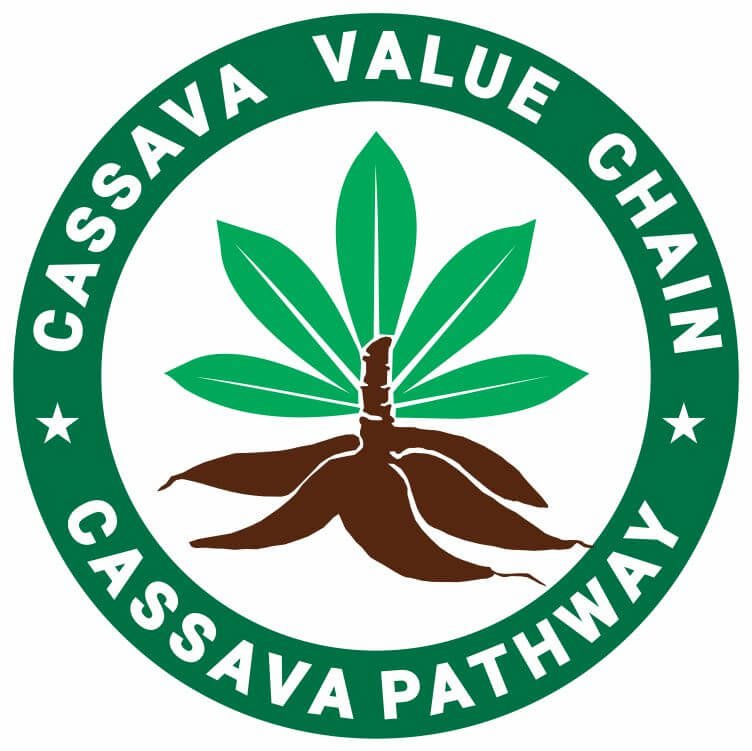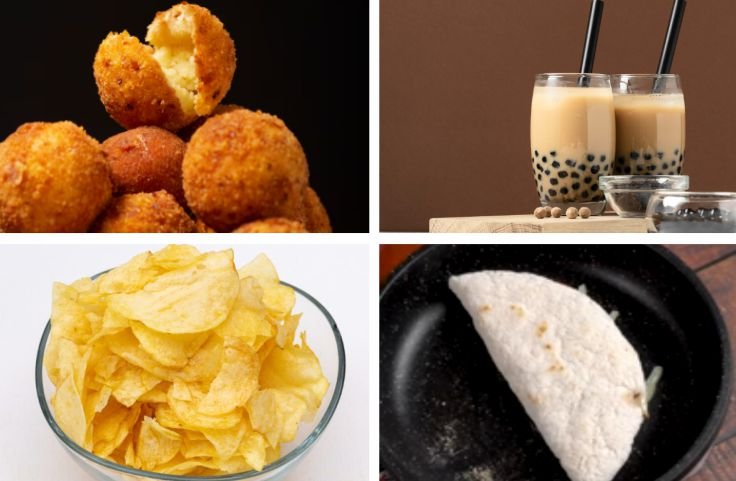If you enjoy snacks that are both gluten-free and satisfying, tapioca snacks offer plenty of choices. From light chips to crunchy crackers and filled puffs, there’s something for every craving.
You know that moment when you want something chewy, maybe crunchy, and satisfying?
Tapioca snacks give you that. They fit right into your gluten-free lifestyle and still taste great.
You can whip up something sweet after dinner or pack a savory bite for later.
Cultures around the world already use tapioca in ways that go beyond the usual.
Think cheesy breads, crispy crackers, and bouncy pearls in tea. You’re not stuck with one texture or flavor; you get to choose.
These snacks work with the ingredients you already have and bring something different to the table.
Whether you’re cooking for yourself or sharing with others, tapioca snacks make it easy to try something new without giving up comfort.
You’ll find yourself going back for more, and that’s the best part.
What Are Tapioca Snacks?
Tapioca snacks are treats made from tapioca starch, which is extracted from the cassava root. They come in many forms, including chips, crackers, puffs, balls, and even chewy pearls used in bubble tea.
These snacks are naturally gluten-free and can be sweet or savory depending on how they’re prepared.
Popular across cultures, tapioca snacks range from crisp Brazilian pão de queijo to spicy Asian tapioca chips.
Their light texture and neutral flavor make them easy to season or pair with sauces, making them a favorite for people who want something tasty, filling, and allergy-friendly.
Recommended: Popular Tapioca Recipes
Why Tapioca is a Snack-Time Favorite
Tapioca snacks keep things simple, light, and satisfying. Whether you’re craving a chewy bite or something crisp, they meet you halfway with easy flavors and easy digestion.
Easy on Your Stomach
Tapioca is easy to digest and doesn’t leave you feeling heavy or bloated.
When you need something quick and gentle, it’s a smart snack to keep on hand.
It satisfies your hunger without upsetting your stomach or slowing you down.
Free From Common Allergens
You don’t need to stress about gluten, dairy, or nuts with tapioca snacks.
They’re naturally free of common allergens, making them easy to share and safe to enjoy.
If you’ve got food restrictions, tapioca still gives you plenty of room.
A Range of Textures You Can Choose From
Tapioca gives you options: chewy, crispy, or soft. You can switch it up depending on your mood without needing a whole new recipe.
That simple texture variety keeps things interesting and makes tapioca snacks fun to eat any time.
Blends Well with Sweet or Savory Flavors
Tapioca’s mild taste works with whatever flavors you love. Add fruit, coconut milk, or your favorite spices and herbs.
It fits into both sweet and savory snacks, making it one ingredient you can shape into anything you’re craving.
Related Posts
How to Make Tapioca Tortillas the Easy Way
Tapioca Waffles: The Gluten-Free Delight
Tapioca Cheese Balls: Indulge in Chewy Delight
Tapioca Waffles For Breakfast Ideas
Tapioca Tortillas: The Gluten-Free Wraps You Should Know
Types of Tapioca Pearls: A Comprehensive Guide
Popular Types of Tapioca Snacks Around the World
Tapioca snacks come in different forms depending on where you are. From street food to comfort food, each culture has its way of turning this simple starch into something crave-worthy.
Brazil: Pão de Queijo
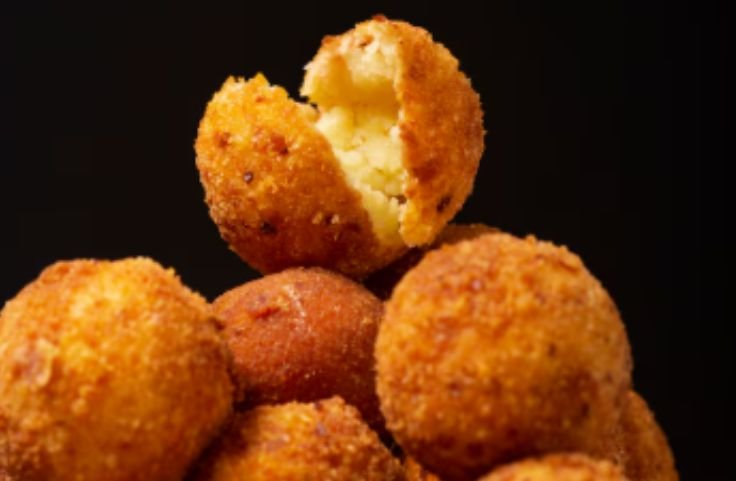
You’ll love tapioca bread if you enjoy snacks that feel warm and satisfying.
Made with tapioca flour and cheese, these small rolls bake up with a crisp outer shell and a soft, stretchy inside.
Brazilians grab them for breakfast, pack them for snacks, or serve them with coffee.
You don’t need gluten to get that chewy bite, and you don’t need fancy ingredients either.
They’re simple, quick to make, and full of flavor. Once you taste one, it’s easy to see why this cheesy bread holds a strong place in Brazilian kitchens and is spreading to bakeries worldwide.
India: Sabudana Vada
Sabudana vada is the kind of snack you reach for when you want something crunchy, filling, and full of flavor.
In India, it’s a popular fasting dish, especially during Hindu festivals, but you don’t need a holiday to enjoy it.
You soak tapioca sabudana pearls, mix them with mashed potatoes, chopped chilies, and spices, then shape and fry them.
The outside crisps up beautifully, while the inside stays soft and slightly chewy.
It’s gluten-free, vegetarian, and full of energy. If you enjoy savory snacks that hit that balance between comfort and crunch, sabudana vada is worth a try. Also see tapioca sabudana kheer.
Thailand: Tapioca Dumplings
Tapioca dumplings in Thailand are soft, chewy, and packed with flavor in every bite.
Called kanom sai sai or saku sai moo, these dumplings are made from tapioca flour and steamed until the skin turns almost see-through.
The filling is what makes them exciting. You’ll find sweet coconut or savory mixtures like ground pork with peanuts and garlic.
Each bite gives you a contrast, a stretchy outside, tasty center.
It’s a common street food, served fresh and warm, and people love the way it feels in the mouth.
If you like dim sum or sticky rice, you’ll enjoy these too.
Taiwan: Boba Pearls in Bubble Tea

If you’ve ever sipped bubble tea, you’ve already met tapioca in one of its most popular forms.
Boba pearls are chewy balls made from tapioca starch, boiled until soft and springy.
You drink them with flavored tea or milk, using a wide straw to catch the pearls.
They add texture and make the drink more than just a beverage; it becomes a snack too.
Boba started in Taiwan and is now a global trend. You can find these pearls in drinks, desserts, and even frozen treats.
It’s fun, satisfying, and perfect if you like snacks with a chewy twist.
Nigeria: Tapioca Porridge (Pap)
In Nigeria, pap is a comforting breakfast made from fermented tapioca or cassava.
It’s usually eaten warm, sometimes sweetened with honey or sugar, and paired with milk or beans.
You don’t need much effort to prepare it, and it fills you up without making you feel heavy.
Though it’s more of a meal, many enjoy it as a midday snack or light dinner. Its smooth texture goes down easily, especially if you’re not feeling well or want something simple.
If you’re curious about global porridges or like pudding-style snacks, pap brings something both familiar and new to your table.
Related: How to Make Tapioca Cheese Balls
Easy Homemade Tapioca Snack Ideas
When you’re craving something homemade, tapioca gives you room to be creative. You can go sweet or savory, soft or crispy, all from the comfort of your kitchen.
Crispy Tapioca Chips
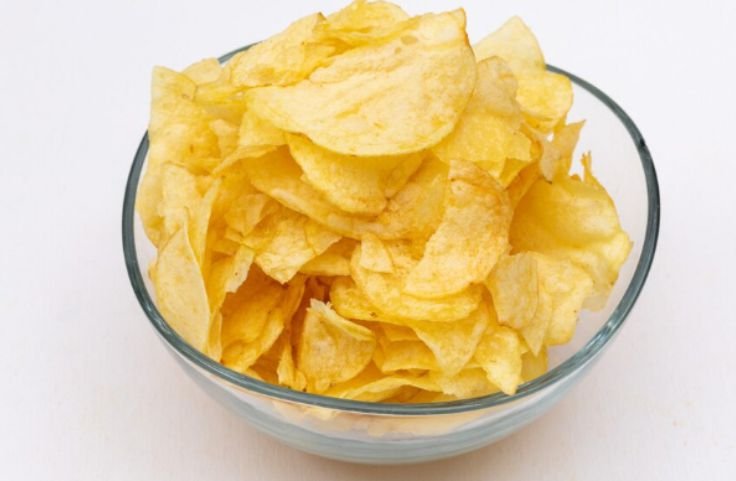
You can make your crispy tapioca chips with just a few steps. Soak tapioca pearls in water for about two hours, then dry them completely.
Blend them into a powder, mix with a little water to form dough, and roll it out thin.
Slice into chips and fry in hot oil until golden and crunchy. Season with salt or your favorite spice mix while they’re still warm.
They come out light and crisp, perfect for snacking between meals or pairing with dips.
Once you try them, store-bought chips won’t hit the same way again.
Tapioca Pudding Bites

If you want something sweet and simple, tapioca pudding bites are a great pick.
Cook tapioca pearls in milk with sugar and vanilla until thick and creamy.
Pour the mixture into a tray or silicone mold, then chill it in the fridge until firm.
Once set, cut into squares or scoop into balls for a chilled, chewy snack.
They’re great for hot days or after meals when you want a little dessert without overdoing it.
You can also top them with fruit or a drizzle of syrup for extra flavor. It’s pudding, but with more personality.
Versatile Tapioca Crepes
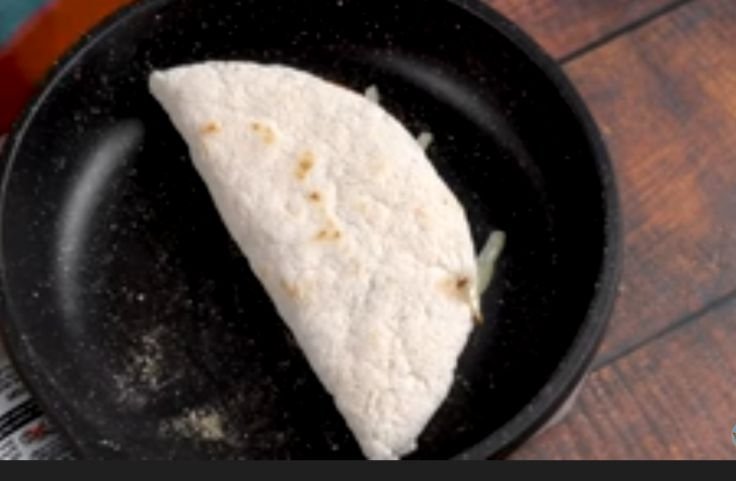
Tapioca crepes are one of the easiest ways to enjoy this starch in a savory form. Mix equal parts tapioca flour and water to make a light batter.
Pour a ladleful into a hot nonstick pan, swirl it around, and cook for about a minute on each side.
The result is a thin, stretchy wrap you can fill with anything: cheese, cooked vegetables, eggs, or meats. Serve it warm or let it cool for later.
These crepes hold up well and let you get creative with your fillings, making them perfect for breakfast, lunch, or quick snacks.
Energy Balls Using Tapioca Pearls
For a no-bake snack that gives you energy and texture, try mixing cooked tapioca pearls with chopped nuts, dried fruit, and a little honey or nut butter.
Shape into small balls and roll in coconut flakes or crushed seeds. Chill them in the fridge to firm up.
These chewy bites give you natural sweetness, fiber, and fuel without needing an oven.
Great for meal prepping, they pack easily into lunch boxes or gym bags.
If you’re looking for something filling that still tastes good, these tapioca energy balls are easy to make and even easier to grab and go.
Tapioca Crackers: Easy to Bake and Full of Flavor
These crackers start with a simple mix of tapioca flour, water, and seasonings.
Roll the dough thin, cut into shapes, and bake until golden and crisp.
You can add herbs like rosemary or thyme, or even stir in some nutritional yeast for a cheesy touch.
For more texture and nutrients, press in sesame, flax, or sunflower seeds before baking.
These gluten-free crackers go well with soups, salads, or just on their own as a crunchy snack.
Savory Tapioca Puffs: Crispy Outside, Warm Inside
These bite-sized puffs begin with tapioca flour and water, mixed into a smooth dough.
Add your favorite fillings, cheese, mashed vegetables, or ground meat, and shape into small rounds.
Bake or fry until the outside turns golden and the inside stays soft. Serve them warm for the best texture and taste.
You can season the dough with herbs or chili flakes to match your filling.
These are perfect for parties, movie nights, or anytime you want something warm and satisfying. More on tapioca puffs here.
Sweet vs Savory Tapioca Snacks: Best Pairings
Tapioca snacks can swing either way, sweet or savory. How you pair them depends on what you’re craving.
Both styles bring out the chewy texture in ways that keep things interesting.
Sweet Tapioca Pairings You’ll Crave Again
When you want something comforting or cool, sweet tapioca snacks hit the spot.
Try pairing chewy pearls with coconut milk for a creamy base. Add palm sugar for depth, or toss in fruits like mango, banana, or berries for color and contrast.
Vanilla, cardamom, or cinnamon can lift the flavors even more.
You can layer textures too, smooth pudding with fresh fruit or chewy pearls with a drizzle of honey.
These combinations work well chilled, making them great for warm weather or as a light dessert after meals.
It’s simple to prepare and even easier to enjoy.
Savory Tapioca Pairings That Satisfy
If you’re leaning toward bold or salty snacks, savory tapioca pairings give you plenty to work with.
Try mixing tapioca flour into cheese-based doughs for soft, chewy bites that pack flavor.
Cheeses like parmesan or mozzarella add richness and stretch.
Herbs like thyme, rosemary, or parsley bring aroma, while spices like garlic, pepper, or chili flakes add heat.
You can even pan-fry tapioca balls with oil and seasoning or serve them with dipping sauces made from soy sauce, sesame oil, or chili paste.
These savory pairings give you snacks that feel filling without being too heavy.
Tapioca Snacks in Popular Culture
Tapioca snacks have made their way into pop culture thanks to their chewy texture, gluten-free appeal, and colorful presentation.
You’ve probably seen bubble tea or tapioca pudding all over your social feed. These treats aren’t just tasty, they’re also fun to eat and share.
From trendy cafes to food festivals, chefs and creators are using tapioca to craft snacks that fit today’s cravings.
You can find savory versions made with cheese or sweet ones loaded with coconut milk and fruit.
Whether you’re grabbing a quick bite or showing off your snack online, tapioca is making food culture more interactive, vibrant, and delicious.
Conclusion
Herbs like thyme, rosemary, or parsley bring aroma, while spices like garlic, pepper, or chili flakes add heat.
You can even pan-fry tapioca balls with oil and seasoning or serve them with dipping sauces made from soy sauce, sesame oil, or chili paste.
These savory pairings give you snacks that feel filling without being too heavy.
Tapioca snacks also shine in pop culture. Their chewy bite, gluten-free appeal, and eye-catching colors keep them trending on social platforms and food menus.
Whether you like them sweet or savory, tapioca snacks are easy to enjoy, share, and personalize to your craving.
Frequently Asked Questions
What are tapioca snacks made of?
Tapioca snacks are typically made from tapioca starch derived from cassava. Ingredients like water, salt, and sometimes cheese or sugar enhance flavor and texture.
Are tapioca snacks gluten-free?
Yes, tapioca snacks are naturally gluten-free. Tapioca comes from cassava root, which does not contain gluten, making it ideal for gluten-sensitive individuals.
How do you make savory tapioca snacks?
Savory tapioca snacks can be pan-fried with oil, herbs, and spices like garlic, chili flakes, or pepper. Serve with sauces for extra flavor and depth.
Are tapioca snacks healthy?
Tapioca snacks are low in fat and gluten-free, but can be high in carbs. Add protein or fiber-rich ingredients to create a more balanced option.

Chimeremeze Emeh is a writer and researcher passionate about Africa’s most transformative root crop—cassava. Through his work at cassavavaluechain.com, he explores the entire cassava industry, from cultivation and processing to its diverse applications in food, health, and industrial use.
He also writes for palmoilpalm.com, where he shares his extensive experience and deep-rooted knowledge of palm oil, covering red palm oil, palm kernel oil, and refined products. His work there reflects his lifelong connection to agriculture and his commitment to promoting sustainable value chains in Africa.
Driven by curiosity and purpose, Chimeremeze aims to shed light on how cassava continues to empower communities, strengthen food systems, and link traditional farming wisdom with modern innovation.
